
Software and Communications

Native Mobile Applications UI Code Conversion
With the widespread use of mobile applications in daily life, it has become crucial for software companies to develop the applications for the most popular platforms like Android and iOS. Using a native development is time consuming and costly. Cross-platform mobile development like Xamarin and React native emerged as a solution to the mentioned problem of native development for the time and cost. Meanwhile it requires the developers to learn a new language. Other tools are converting the mobile apps of specific platform to the corresponding platform, but most of them still lack the mobile
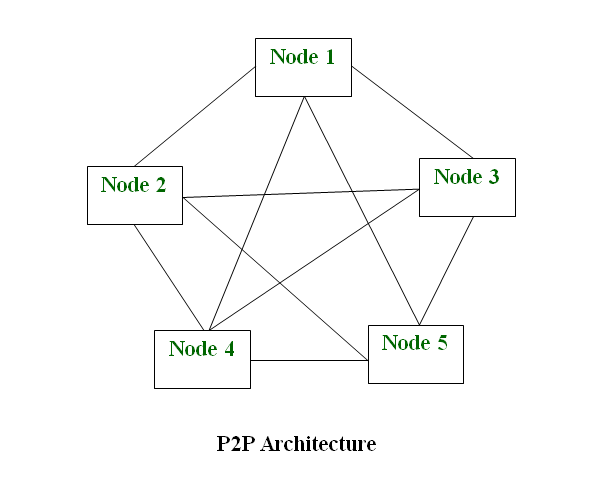
MyP2PWorld: Highly reproducible application-level emulation of P2P systems
In this paper, we describe an application-level emulator for P2P systems with a special focus on high reproducibil-ity. We achieve reproduciblity by taking control over the scheduling ofconcurrent events from the operating system. We accomplish that for inter-and intra-peer concurrency. The development ofthe system was driven by the need to enhance the testing process ofan already-developed industrial product. Therefore, we were constrained by the architecture ofthe overlying application. However, we managed to provide highly transparent emulation by wrapping standard/widely-used networking
Natcracker: Nat combinations matter
In this paper, we report our experience in working with Network Address Translators (NATs). Traditionally, there were only 4 types of NATs. For each type, the (im)possibility of traversal is well-known. Recently, the NAT community has provided a deeper dissection of NAT behaviors resulting into at least 27 types and documented the (im)possibility of traversal for some types. There are, however, two fundamental issues that were not previously tackled by the community. First, given the more elaborate set of behaviors, it is incorrect to reason about traversing a single NAT, instead combinations
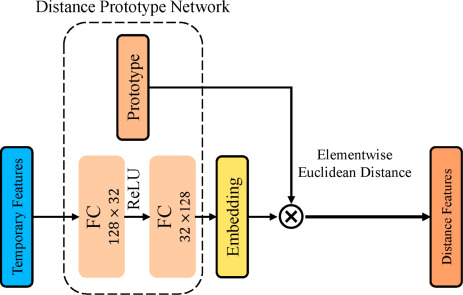
Multiple classifiers for time series classification using adaptive fusion of feature and distance based methods
Time series classification is a supervised learning problem used in many vital applications. Classification of data varying with time is considered an important and challenging pattern recognition task. The temporal aspect and lack of features in time series data makes the learning process different from traditional classification problems. In this paper we propose a multiple classifier system approach for time series classification. The proposed approach adaptively integrates extracted local and global features together with distance similarity based methods. A feature extraction process is
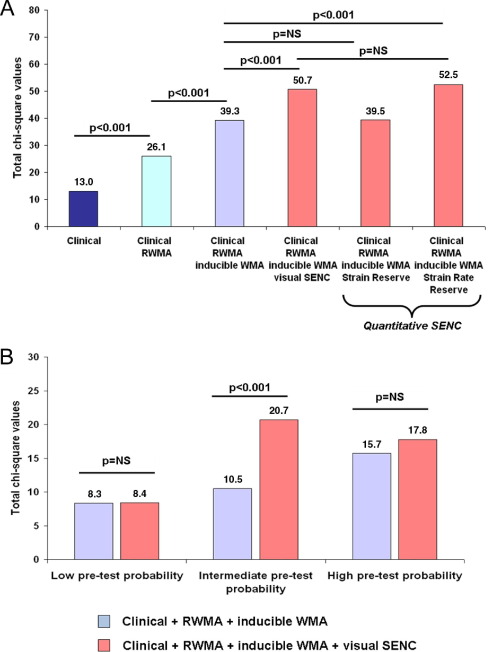
Strain-encoded cardiac magnetic resonance during high-dose dobutamine stress testing for the estimation of cardiac outcomes: Comparison to Clinical Parameters and Conventional Wall Motion Readings
Objectives: The purpose of this study was to determine the prognostic value of strain-encoded magnetic resonance imaging (SENC) during high-dose dobutamine stress cardiac magnetic resonance imaging (DS-MRI) compared with conventional wall motion readings. Background: Detection of inducible ischemia by DS-MRI on the basis of assessing cine images is subjective and depends on the experience of the readers, which may influence not only the diagnostic classification but also the risk stratification of patients with ischemic heart disease. Methods: In all, 320 consecutive patients with suspected or

Multi-view human action recognition system employing 2DPCA
A novel algorithm for view-invariant human action recognition is presented. This approach is based on Two-Dimensional Principal Component Analysis (2DPCA) applied directly on the Motion Energy Image (MEI) or the Motion History Image (MHI) in both the spatial domain and the transform domain. This method reduces the computational complexity by a factor of at least 66, achieving the highest recognition accuracy per camera, while maintaining minimum storage requirements, compared with the most recent reports in the field. Experimental results performed on the Weizmann action and the INIRIA IXMAS
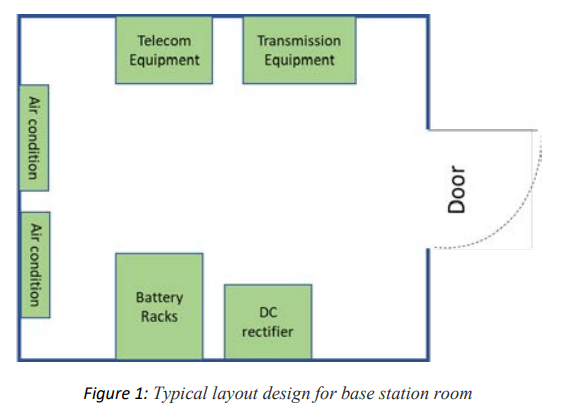
Simplified modelling for power consumption of base station sites in mobile telecommunications systems
Reducing energy consumption is a global concern for all industries. Modern communications systems facilitate human interactions compared to previous ages. Telecommunications and IT are among the fast-growing industries with rapid demand for more energy. Moreover, the wide adoption of wireless mobile communications applications has resulted in installing massive numbers of Base Station (BS) sites to serve the rapid demand for wider mobile coverage and the growing need for more capacity and speed. These Base Stations are responsible for the major part of the energy needs of mobile wireless
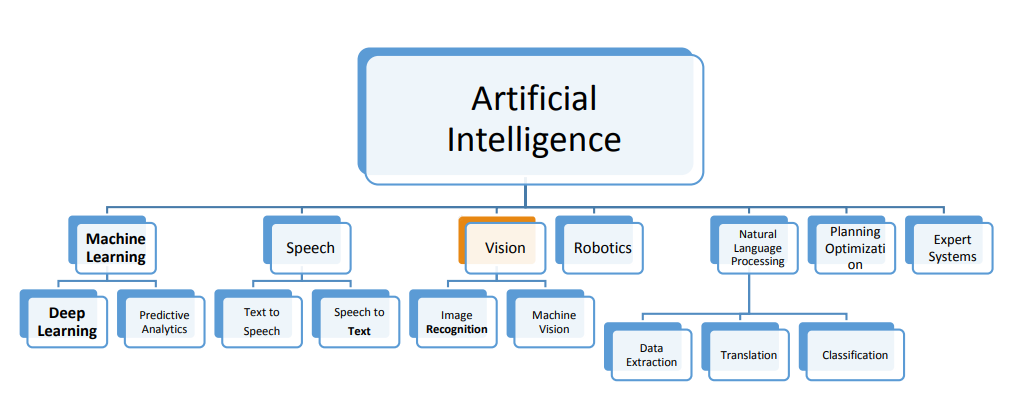
Artificial intelligence for retail industry in Egypt: Challenges and opportunities
In the era of digital transformation, a mass disruption in the global industries have been detected. Big data, the Internet of Things (IoT) and Artificial Intelligence (AI) are just examples of technologies that are holding such digital disruptive power. On the other hand, retailing is a high-intensity competition and disruptive industry driving the global economy and the second largest globally in employment after the agriculture. AI has large potential to contribute to global economic activity and the biggest sector gains would be in retail. AI is the engine that is poised to drive the
Assessing leanness level with demand dynamics in a multi-stage production system
Purpose - The purpose of this paper is to present a dynamic model to measure the degree of system's leanness under dynamic demand conditions using a novel integrated metric. Design/methodology/approach - The multi-stage production system model is based on a system dynamics approach. The leanness level is measured using a new developed integrated metric that combines efficiency,WIP performance as well as service level. The analysis includes design of experiment technique at the initial analysis to examine the most significant parameters impacting the leanness score and then followed by
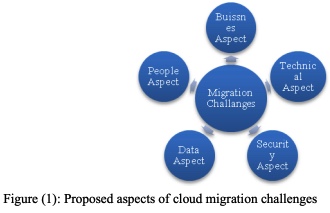
A dynamic system development method for startups migrate to c loud
Cloud computing has become the most convenient environment for startups to run, build and deploy their products. Most startups work on availing platforms as a solution for problems related to education, health, traffic and others. Many of these platforms are mobile applications. With platforms as a service (PaaS), startups can provision their applications and gain access to a suite of IT infrastructure as their business needs. But, startups face many business and technical challenges to adapt rapidly to cloud computing. This paper helps startups to build a migration strategy. It discusses